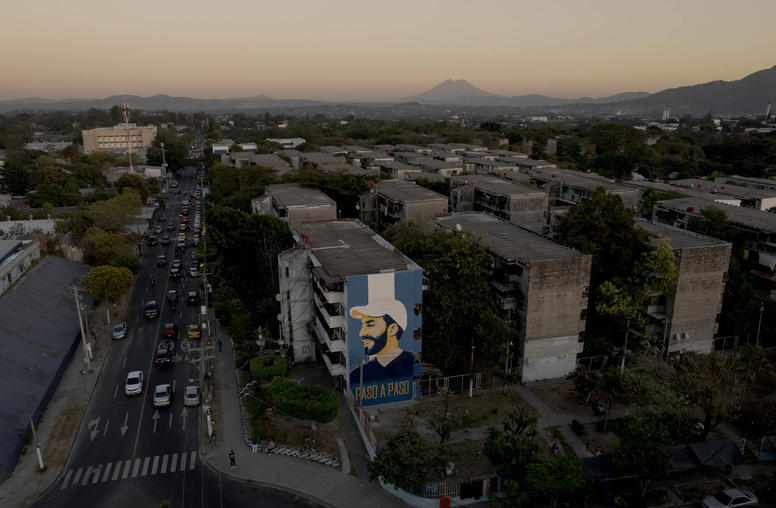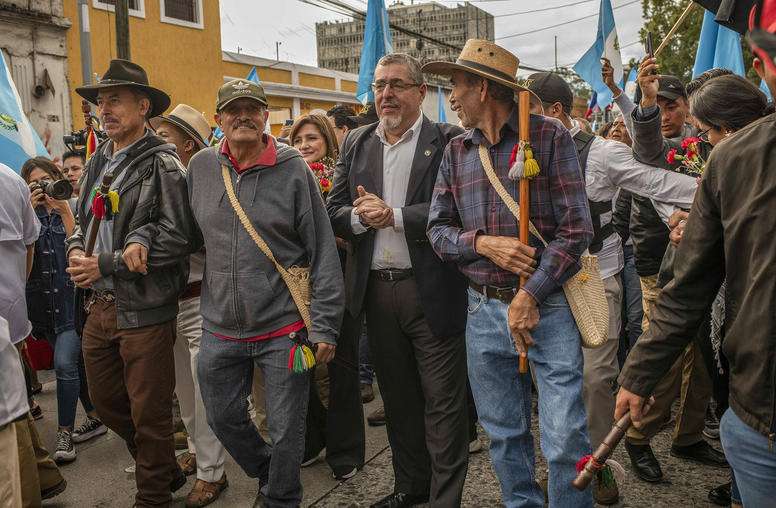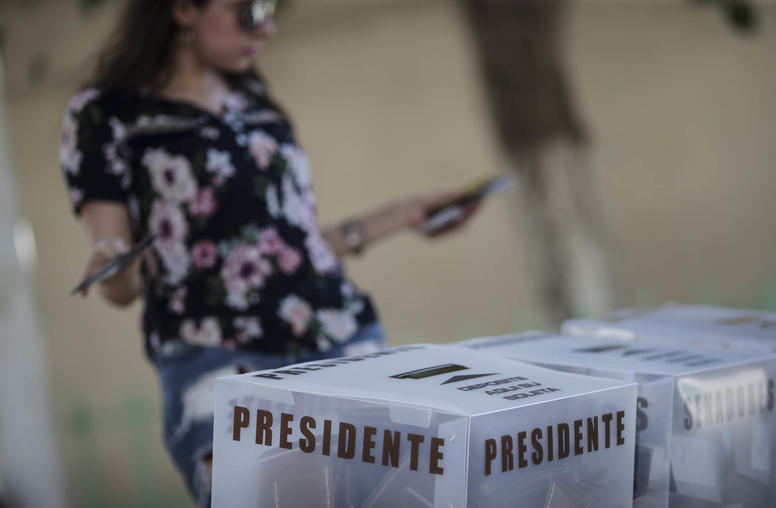Mary Speck, Ph.D.
Contact
Please submit all media inquiries to interviews@usip.org or call 202.429.3869.
For all other inquiries, please call 202.457.1700
Dr. Mary Speck joined USIP after serving as executive director of the Western Hemisphere Drug Policy Commission, an independent, bipartisan entity created by Congress to evaluate counternarcotics policies in the Americas and provide practical recommendations on how to both reduce the availability of illicit drugs and minimize the damage associated with drug trafficking. She was a senior associate (non-resident) with the Center for Strategic and International Studies and directed the International Crisis Group’s Mexico and Central America Project, conducting research into organized crime, corruption and security sector reform.
Before joining Crisis Group, she worked as a journalist covering the Andean region as a correspondent for the Miami Herald and reporting freelance from Central and South America. Her commentaries have been published by The Washington Post, The Los Angeles Times, and The Miami Herald, among others. Dr. Speck holds a doctorate in history from Stanford University and a bachelor’s from Bryn Mawr College.
Her research interests include police and justice sector reform, violence prevention, organized crime and corruption.



